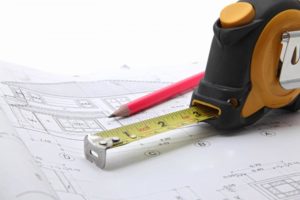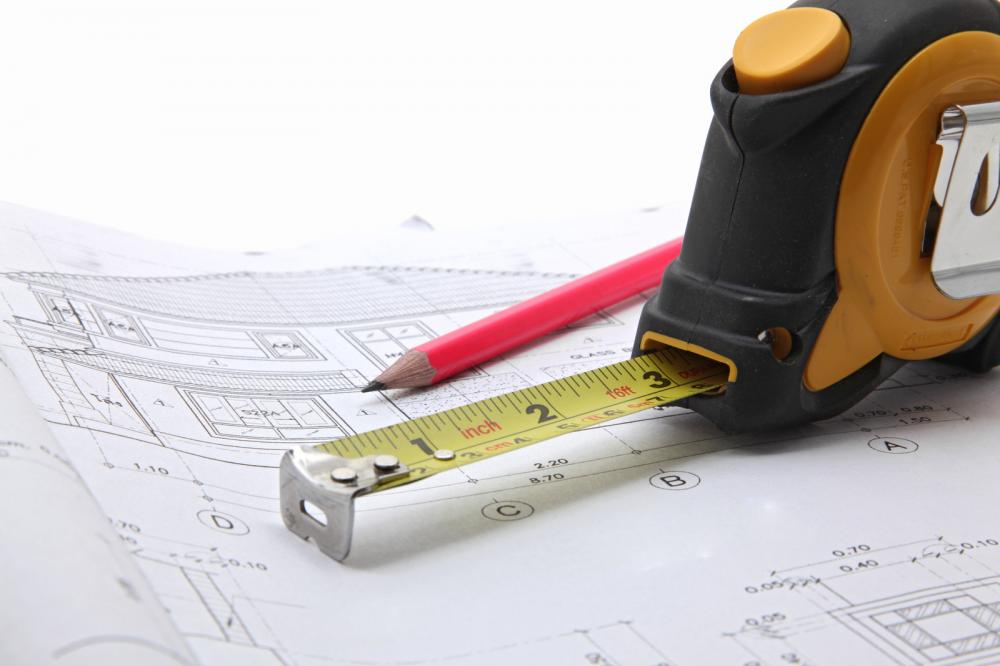 From a customer’s perspective, cost is one of the most important aspects early on in a construction project. And trust us, we get it: before there is a hole in the ground, the most tangible aspect are the numbers. It’s why the early stages of any project focus on an estimate or a bid.
From a customer’s perspective, cost is one of the most important aspects early on in a construction project. And trust us, we get it: before there is a hole in the ground, the most tangible aspect are the numbers. It’s why the early stages of any project focus on an estimate or a bid.
The problem is, some people use the terms interchangeably. And when cost is a main focus, and an early estimate comes in looking like a good deal, it’s tempting to jump on board and forgo the whole bidding process. Instead, we always encourage prospective clients to go through the formal process. Here’s why:
Estimates Focus on Cost
Essentially, estimates provide enough information about the project to get the ball rolling. They’re best when you’re thinking about what you want to do and need a ballpark of what it will cost.
Ideally, a price estimate is reasonably accurate, but normally it’s the middle of the road between high-end finishings and entry level. It often doesn’t cover a myriad of details that can go into a project such as having to upgrade sewer lines to bring the property up to code.
When you’re speaking with a general contractor, make sure you clarify which type of estimate you’re getting as different types of estimates may be provided until the contractor has all of the needed information. These include preliminary estimates, square-foot estimates, and assembly estimates to give customers an idea of how much a project will cost.
Final estimates include the most detail and often involve written commitments from subcontractors and others involved. The final estimate forms the basis of the bid.
Bids Move Projects Forward
Once you have gone through all the steps of the estimate process, you should have a pretty precise cost to complete your process. To compliment this, the bid should have a detailed list of what is being provided, including the timeframe. This should include fees, taxes, labor costs, materials, and wages for subcontractors and an initial construction schedule.
After going over the bid in detail with your contractor, they should be able to honor the commitment and conduct all work within the bid’s parameters (assuming no one elects to make changes to the project at a later date).
As a general contractor that has prepared countless estimates and bids over the years, we can tell you it is a very time-consuming process. But putting the time in, and taking the time to review each aspect, keeps projects in line, on-time, and on budget. If you have any questions about estimates or bids, please don’t hesitate to reach out.
- test :



YOUR COMMENT